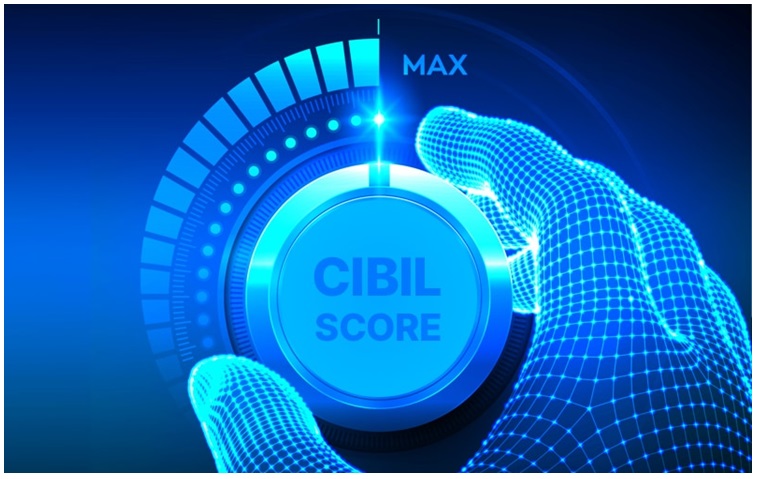Understanding your credit score is crucial to managing your financial health. In India, one term that frequently appears when discussing credit scores is “CIBIL.” This article will delve into the CIBIL meaning, its impact on your credit life, and how you can work to improve your credit score, ensuring a financially secure future.
CIBIL Meaning: What Does It Stand For?
CIBIL meaning refers to the Credit Information Bureau (India) Limited, one of the leading credit information companies in India. Established in 2000, CIBIL gathers and maintains records of every individual’s payments related to loans and credit cards. These records are submitted to CIBIL by various banks and financial institutions, forming the basis for a CIBIL Score, which typically ranges from 300 to 900. This score is a numerical representation of your creditworthiness, indicating how likely you are to repay borrowed money.
Why Does Your CIBIL Score Matter?
Your CIBIL Score can significantly impact your financial life. It is a primary criterion used by lenders to evaluate the risk of lending money to you. A high score indicates a lower risk, often leading to quicker approval of loans and credit cards, and potentially better interest rates. Conversely, a low score signals higher risk, making it difficult to access credit and could result in higher interest rates or outright denial of a loan application.
The Factors Affecting Your CIBIL Score
Several factors contribute to calculating your CIBIL Score:
- Payment History: Timely payments on existing loans and credit cards positively impact your CIBIL Score. Conversely, any delay or default reflects negatively.
- Credit Utilization Ratio: This refers to the proportion of credit used to the total limit available. A lower ratio suggests disciplined spending, enhancing your score.
- Credit Mix: A balanced mix of secured (home loans, auto loans) and unsecured credit (personal loans, credit cards) is preferred.
- Duration of Credit History: A longer credit history generally contributes positively to your CIBIL Score.
- Number of Hard Inquiries: Each time you apply for a loan or credit card, lenders request your credit report, known as a hard inquiry. Multiple inquiries within a short time frame can adversely affect your score.
How to Improve Credit Score
Improving your CIBIL Score is not an immediate process, but with patience and discipline, it is very achievable. If you’re wondering how to improve credit score, below are some steps you can take:
- Clear Outstanding Debt: Promptly repay existing debts to avoid high-interest penalties and reduce tension on your credit profile.
- Make Timely Payments: Ensure all your loans and credit card payments are done on time. Setting up automatic payments can be an effective method to achieve this.
- Monitor Credit Reports: Regularly check your credit reports for accuracy. Dispute any errors or unauthorized transactions with CIBIL and the concerned lender.
- Limit Credit Applications: Avoid applying for multiple loans or credit cards simultaneously, as each hard inquiry can impact your CIBIL Score negatively.
- Manage Credit Utilization: Use only what you need and strive to maintain a credit utilization ratio under 30% of your total credit limit.
- Balance Your Credit Mix: Seek a healthy balance between secured and unsecured credit to diversify and stabilize your credit profile.
The Long-Term Impact of a Strong CIBIL Score
Maintaining a healthy CIBIL Score benefits not only your current financial activities but also your long-term financial well-being. It facilitates easier access to credit, better interest rates, and can even impact your employment opportunities, as some employers evaluate credit scores for candidates in financial positions. Moreover, it adds credibility to your financial behavior, which can come in handy when negotiating terms with lenders.
Conclusion
Understanding CIBIL meaning and actively working to maintain and improve your CIBIL Score should be a priority for anyone seeking a stable financial future. By making informed decisions and implementing strategies to enhance your credit score, you align yourself with favorable lending conditions. Remember, financial discipline and foresight are key components of creditworthiness, ushering in a pathway to financial independence and success.
